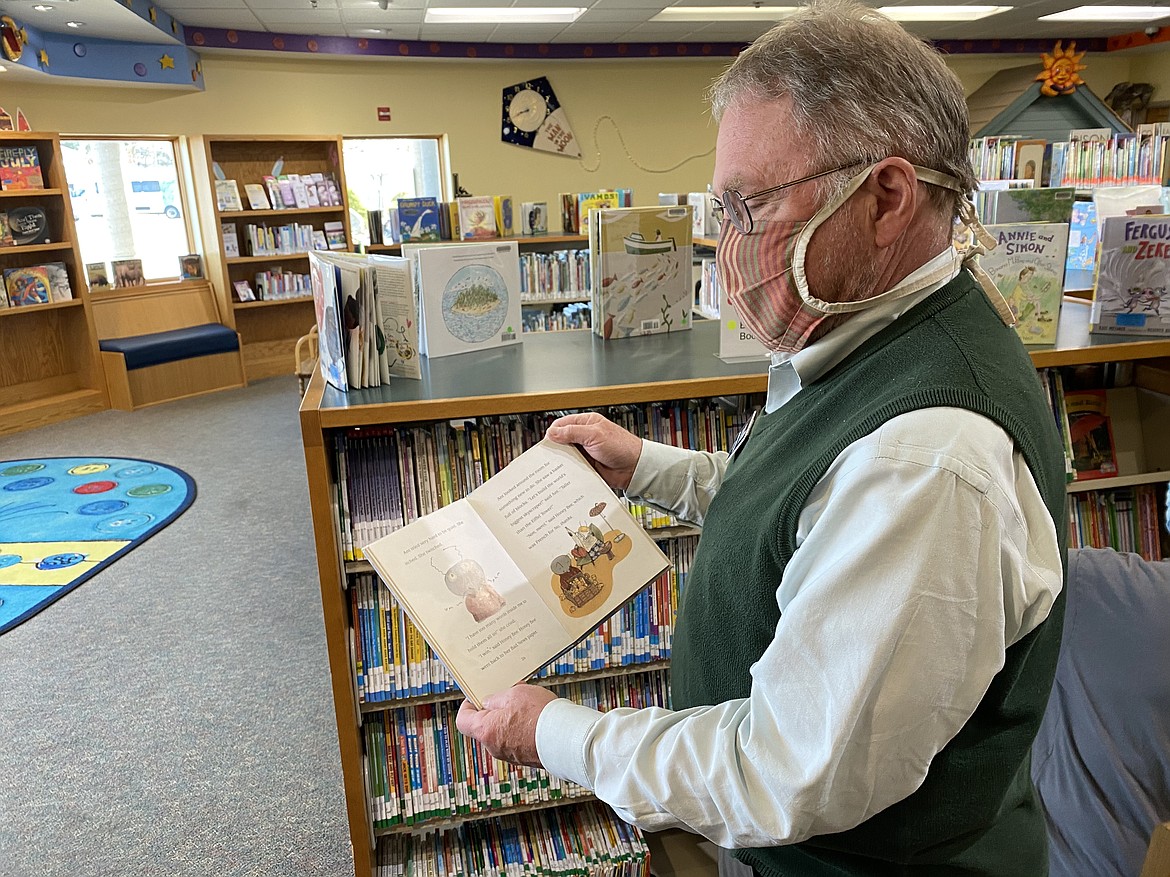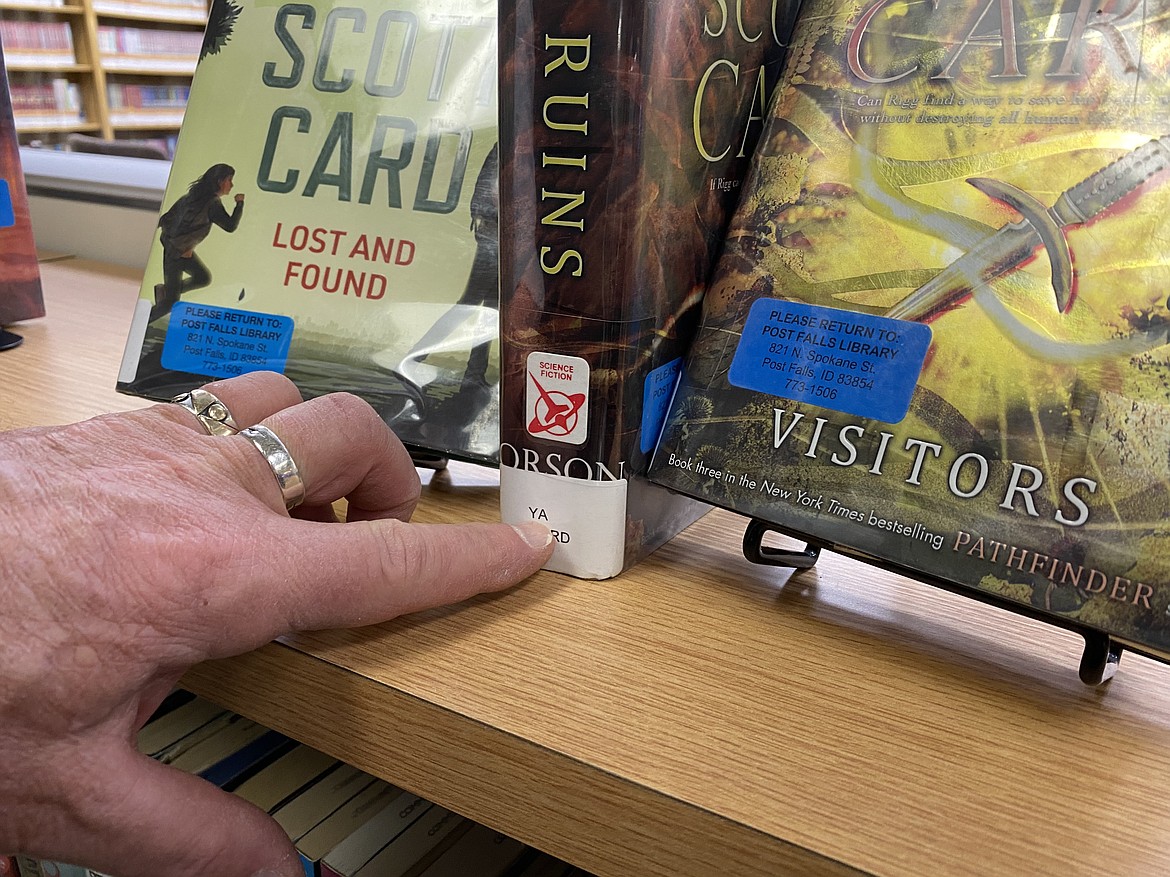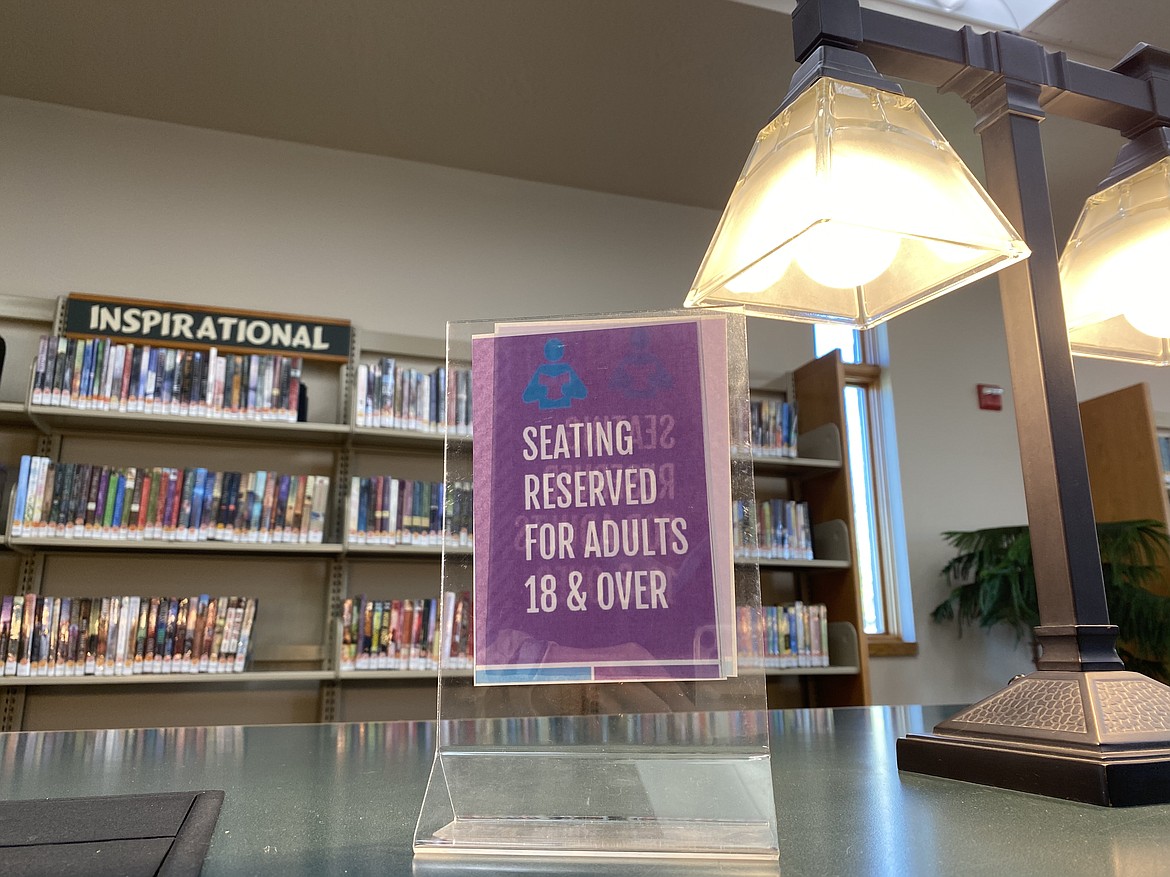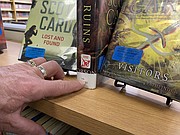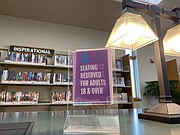Books on the shelf
The inclusion of diverse and even controversial materials in Kootenai County's libraries is a decision administrators think is crucial to develop informed citizens.
What someone chooses to pick up at the library, they believe, is the reader's responsibility.
There is a process, guides, and rules to what the libraries will accept. There are listed selection criteria in the book vetting process in the Community Library Network's Materials Selection Policy and Coeur d'Alene Public Library Collection Development Policy. Specific points are standard such as the price, format, space requirements, availability of material through alternative resources, popularity, and user demand.
Others criteria, which can be more subjective, include:
Appropriateness of subject and style for intended library users
Representation of trends, subjects, or genres of local or national interest
Relevance to observed and anticipated community needs and desires, and
Representation of diverse viewpoints.
"If someone requests we get the latest pornographic novel because 'it's great, well, that doesn't meet the criteria," Community Library Network Director John Hartung said. "Most people know not to ask for ridiculous things like that. They ask for what's on The New York Times Best Sellers."
Kari Wilson, collection development librarian for the Community Library Network, has led the charge on materials selection, purchasing, and processing materials for over eight years. To acquire books, Wilson and JD Smithson, communication director for the Coeur d'Alene Public Library, said the libraries utilize professional review sources such as the Library Journal, Booklist, School Library Journal, Kirkus Reviews, and Publishers Weekly.
"Our goal is to provide a balanced collection representing a wide range of materials for our community," Wilson said. "We always strive to order materials that we think will be popular and of interest to our members in a variety of topics and genres."
Pornography is not allowed in public libraries. Still, Hartung, Wilson, and Smithson said it is essential to recognize that the library industry as a whole firmly believes in intellectual freedom.
"Intellectual freedom is the right of every individual to responsibly seek and receive information from multiple points of view," Wilson said. "Our library network seeks to provide materials in a variety of formats that allow people to choose for and inform themselves on the topics that they find of interest, so it is considered in selection decisions."
Referencing standards set by the American Library Association, a nonprofit organization that promotes libraries and library education, the representatives said both institutions follow the ALA Freedom to Read Statement and the Library Bill of Rights. These documents were used as guides by the CDAPL, Smithson noted when creating the library's Collection Development Policy.
"The Library upholds the right of the individual to access information, even though the content may be controversial, unorthodox, or unacceptable to others," Smithson said. "It is only the parents and legal guardians who may restrict their children's — and only their children's — access to library materials, resources, and services."
Hartung said the Community Library Network also expects families to be responsible for what material choices a child makes at their locations. He said library staff doesn't legally have the right to act as parents to young patrons at the facilities, nor would they ever want to.
"Our statement is that while anyone is free to reject for his or herself materials of which they do not approve, he/she cannot exercise censorship to restrict the freedom of use and access to others," Hartung said. "The responsibility for the use of library materials by minors rests ultimately with their parents or legal guardians."
While this may seem loose, it also allows children who excel in reading to venture into mature concepts. The library organizes materials into age groups, reading level, and book genre to distinctly identify age groups.
Hartung and Wilson said the public is free to comment on the materials in the Community Library Network locations. If deemed necessary, those objections can be brought to the board of trustees, but Hartung states that hasn't occurred since 2008 or 2009. Similarly, Smithson said it is rare the CDAPL hears a formal complaint about titles on the shelves.
"Rudine Sims Bishop famously wrote that books could be mirrors or windows, which is to say that they can reflect the familiar or they can give a different viewpoint to look outward," Smithson said. "Following the democratic principles under which it operates, the library is obligated to make all sides of a controversial topic available."
Serving seven locations around the county, the Community Library Network's Material Selection Policy states it is an institutional responsibility to 'establish and maintain a balanced and diverse collection of materials that meet the informational, educational, and recreational needs" of residents.
This objective, Hartung said, is one reason why the Network will defend the rights of anyone to at least request material, if not receive it.
"If parents come into the library and the child goes into the adult section and pulls out a steamy romance novel that is on them, not us," Hartung said. "The freedom of access means we can't determine what a child reads. We don't know what reading level they are at, and as long as a parent says it's OK, it is OK with us."

